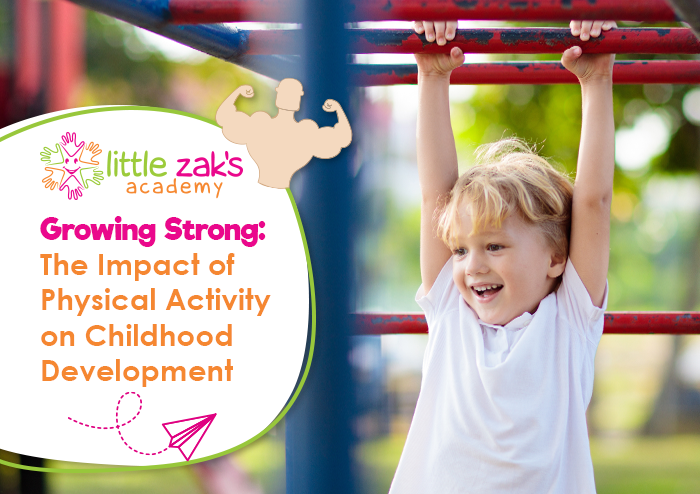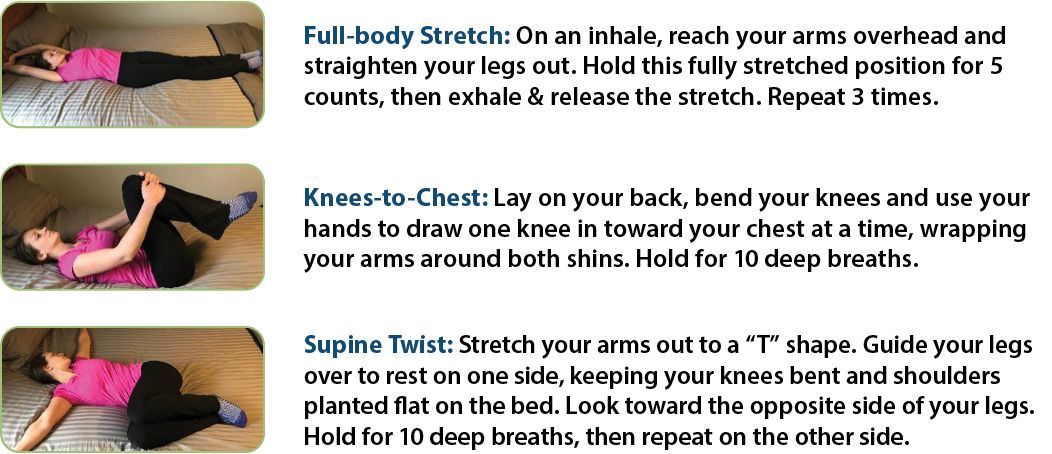
The Impact of Physical Activity on Child Development
- 0
Physical activity is not only important for adults but also plays a crucial role in the development of children. In today’s tech-savvy world, where children are often glued to their screens, encouraging them to engage in physical activity is more important than ever. In this article, we will explore the various ways in which physical activity can positively impact child development.
Physical Health Benefits
One of the most obvious benefits of physical activity is its impact on physical health. Regular exercise helps children maintain a healthy weight, improve cardiovascular health, and strengthen their muscles and bones. Inactive children are more likely to develop health issues such as obesity, diabetes, and heart disease later in life. By encouraging children to be physically active, parents and caregivers can help them develop healthy habits that will carry over into adulthood.
Mental Health Benefits
In addition to the physical benefits, physical activity also has a positive impact on mental health. Exercise has been shown to reduce symptoms of anxiety and depression, improve mood, and boost self-esteem. Engaging in physical activity releases endorphins, also known as “feel-good” hormones, which can help children cope with stress and improve their overall sense of well-being.
Cognitive Development
Physical activity is not only beneficial for the body and mind but also plays a crucial role in cognitive development. Research has shown that children who are physically active perform better in school, have better concentration and focus, and exhibit improved memory and problem-solving skills. Engaging in activities that require physical coordination and motor skills can help children develop important brain pathways that are essential for learning and development.
Social Skills and Emotional Development
Physical activity also provides opportunities for children to develop social skills and emotional intelligence. Whether participating in team sports or playing with friends at the park, children learn how to communicate, cooperate, and resolve conflicts through physical play. Physical activity can also help children build resilience, learn how to set and achieve goals, and develop a sense of perseverance and determination.
How to Encourage Physical Activity
While the benefits of physical activity are clear, many children today are not getting enough exercise. As a parent or caregiver, there are several ways you can encourage your child to be more physically active:
Lead by example: Make physical activity a priority in your own life and involve your child in your fitness routine.
Limit screen time: Set boundaries on screen time and encourage your child to engage in outdoor play or sports instead.
Find activities they enjoy: Encourage your child to try different sports and physical activities until they find something they enjoy and are passionate about.
Make it a family affair: Plan family outings that involve physical activity such as hiking, biking, or playing sports together.
Conclusion
Physical activity is essential for the overall development of children. From improving physical health and mental well-being to enhancing cognitive development and social skills, the benefits of physical activity are wide-ranging. By making physical activity a priority in your child’s life and providing opportunities for them to be active, you can set them up for a lifetime of health and success.
Take a break from the screen and encourage your child to get moving today!

